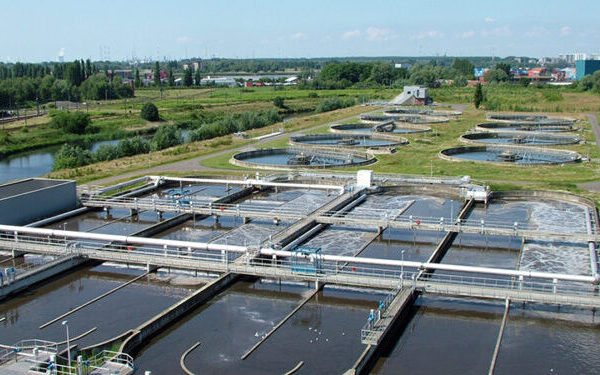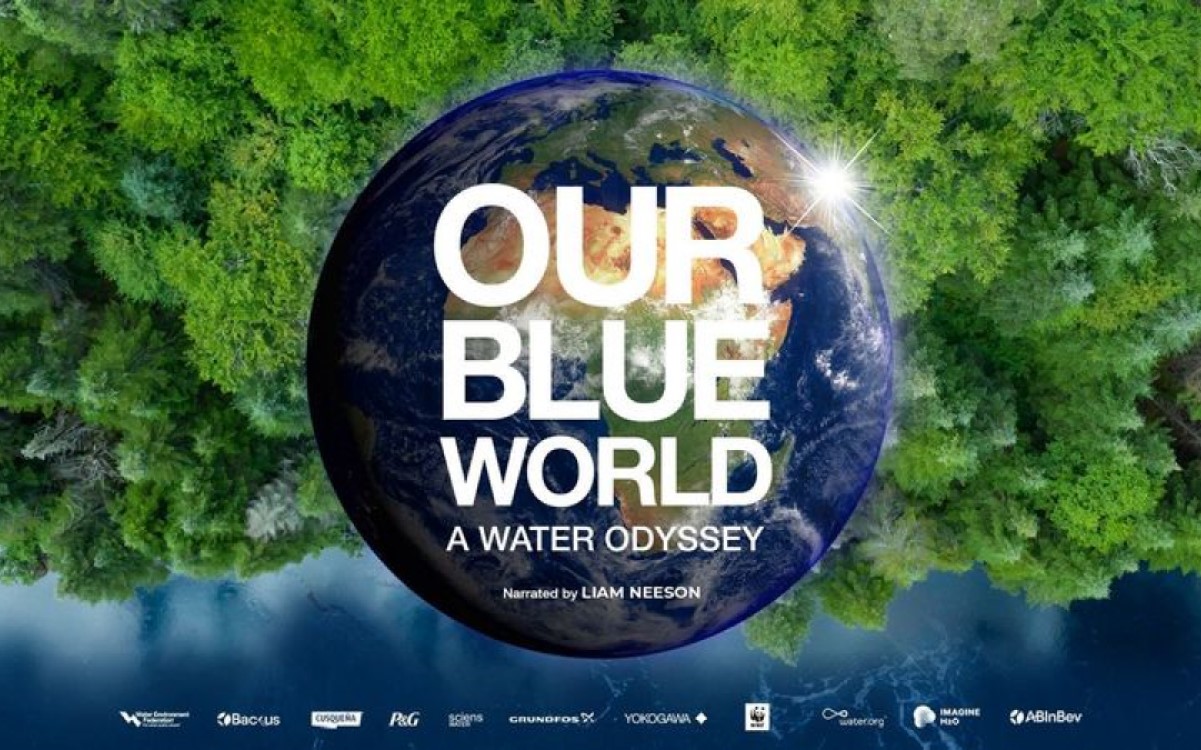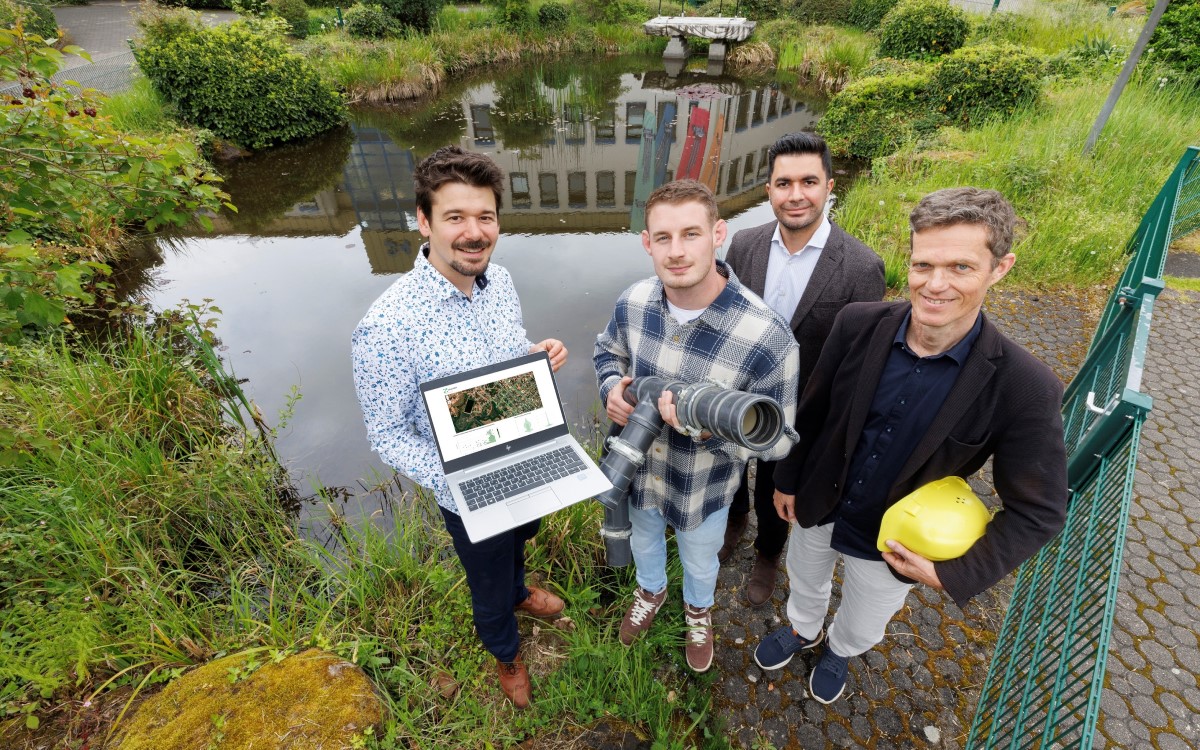March 08, 2023 Ι The current Urban Waste Water Treatment Directive (UWWTD) aims to protect the environment from the harmful effects of insufficiently treated urban wastewater from agglomerations and certain industrial sectors. Nearly half (46%) of unregulated wastewater pollution including chemical micropollutants, microplastics and some bacteria and viruses is coming from cities with more than 100,000 inhabitants.
High expectations for the Green Deal
The proposal of the Urban Waste Water Treatment Directive is part of the European Green Deal strategy for a climate-neutral EU by 2050, which is also expected to improve the wellbeing and health of the citizens with fresh air, clean water, healthy soil and biodiversity. The Zero Pollution vision for 2050 is for air, water and soil pollution to be reduced to levels no longer considered harmful to health and natural ecosystems, and its Zero Pollution Action Plan is one of the key deliverables of the Green Deal.
Microplastics and bacteria remain challenges
The European Commission presented a proposal for a revised UWWTD last October. The European Water Association (EWA), an NGO dedicated to the improvement of the water environment, noted in its May 2022 position paper that “full compliance with the current technical requirements of the UWWTD is now within sight”. However, the association added that “pollution containing chemical micropollutants, microplastics and some bacteria and viruses which are not regulated in the UWWTD remains a challenge”.
On the subject of microplastic pollutants in wastewater Michel Sponar, Deputy Head of Unit at the European Commission, said “we are already reducing a lot of the microplastic content in wastewater simply with existing treatment but by targeting more rain water containing microplastics we will capture more microplastics”.
Microplastics emissions would be reduced by 9% mainly through actions on storm water overflows and urban runoff.
Stricter rules in waste water treatment
Proposed changes from the existing directive also include more stringent discharge limits for phosphorus and nitrogen with these measures to be applied to all waste water treatment plants (WWTP’s) of more than 100,000 p.e., even if not in sensitive areas. WWTP’s are also expected to be ‘energy neutral’ by 2040. This move, combined with improved nutrient management, will lead to a 46% reduction in greenhouse gases.
The current UWWTD aims to protect the environment from the harmful effects of insufficiently treated urban wastewater from agglomerations and certain industrial sectors. A 2019 evaluation of the directive showed it had reaped significant environmental benefits due to a reduction in organic matter, nitrogen and phosphorus, entering water bodies. However, it was found that the discharge of micropollutants – pharmaceuticals and microplastics – into lakes, rivers and coastal areas needed to be tackled.
More Information about UWWTD






